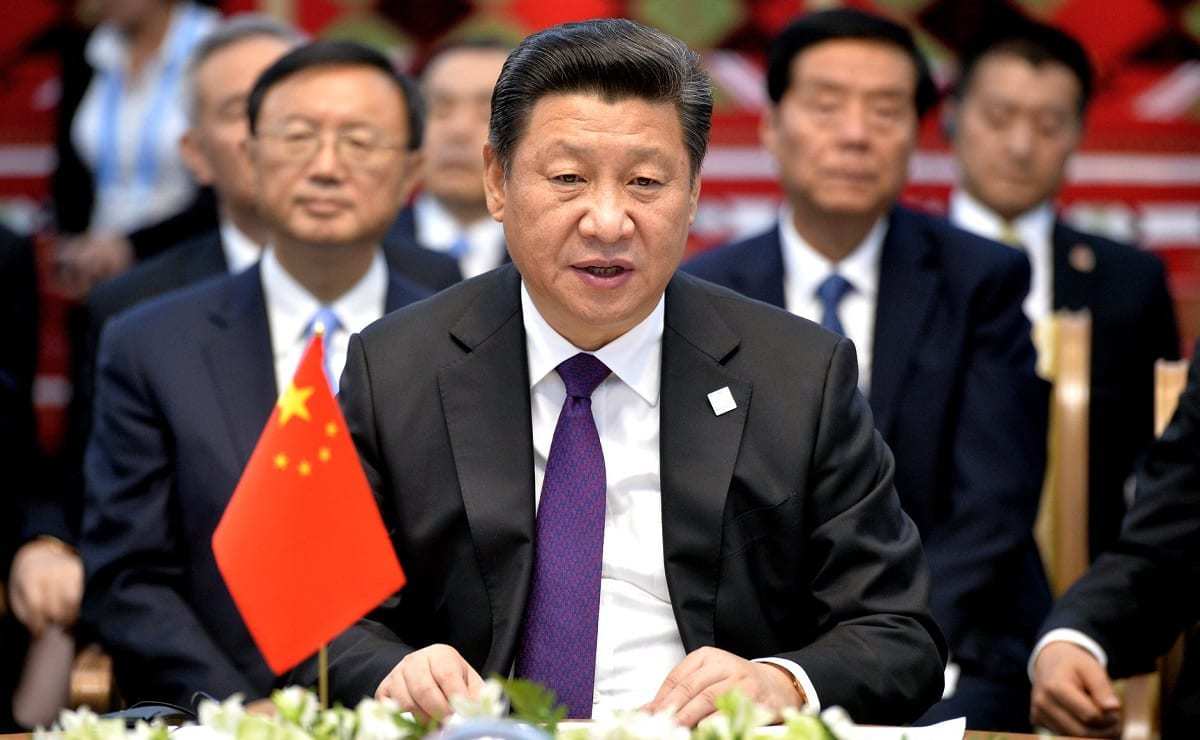The Era For Engagement With Russia And China Is Over
DÜNYA
07-09-2022 16:48
The Era For Engagement With Russia And China Is Over

This spring, the Biden Administration acknowledged that it must re-write its National Security Strategy, which guides the country’s overall security strategy, no doubt in recognition that the U.S. grand strategy must be fundamentally revised. The revision is necessary given the invasion of Ukraine by Russia and a failed three-decade attempt to entice China to become a liberal democracy. That silence you continue to hear today is the United States’ new grand strategy, following the failure of the post-Cold War strategy of ‘engagement and enlargement’ toward Russia and China.
The Biden Administration’s first-ever National Defense Strategy (regardless of the classified specifics), sent to Congress in late March 2022, was likely short on both reform and big think. According to its unclassified Fact Sheet (no unclassified version has been published yet), it is purposefully noncommittal, once again calling China a ‘pacing threat’ and Russia an ‘acute’ and ‘near-term’ threat. Both seem understatements. Expect little change, therefore, to the updated, supposedly more thoughtful, and directive, National Security Strategy – whenever it appears.
The NDS, which guides U.S. defense policy, exists under and within a larger (and still current) post-Cold War U.S. grand strategy of ‘engagement.’ The policy has been advanced consciously and explicitly by the Clinton, Bush, and Obama Administrations (and somewhat ambiguously by the Trump Administration). A new National Security Strategy – or better, a new grand strategy – must now set out a more explicit whole government strategy, educated by our failed, twenty-eight-year attempt to moderate and liberalize the now totalitarian states of Russia and China.
The strategy of ‘engagement and enlargement’ was coined and advanced by the Clinton Administration in its 1994 National Security Strategy. It advocated strong defense; cooperative security; open foreign markets and global growth; and the promotion of democracy abroad to enhance security. It involved the major powers (particularly China) in a web of commercial, academic, social, and political relationships and institutions to dissuade them from committing aggression or changing the existing international order. Engagement was the strategy of ignoring the polities of these states in the belief that such involvement would encourage these states to accept and move toward liberal democracy.
Yet today, no one thinks that the current regimes in Russia or China will be seduced by further economic development into becoming representative liberal democracies, with checks and balances, competitive political parties, free speech, and limited government.
By allowing some forms of capitalism within their states, rising living standards worked to give the Vladimir Putin and Xi Jinping regimes a patina of credibility and legitimacy, and allowed them to increase internal information control and oppression of any political dissent. Worse, U.S. business interests worked to crowd out and silence criticisms of these totalitarian regimes, despite their states’ now 20-year trajectory of greater and greater hostility toward the United States.
source; https://www.19fortyfive.com/2022/09/the-era-for-engagement-with-russia-and-china-is-over/


